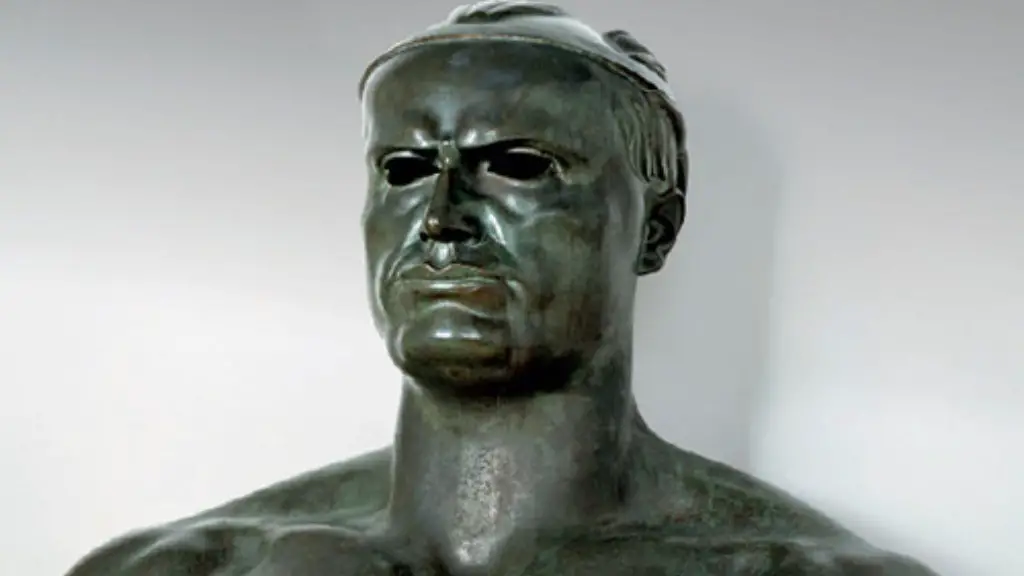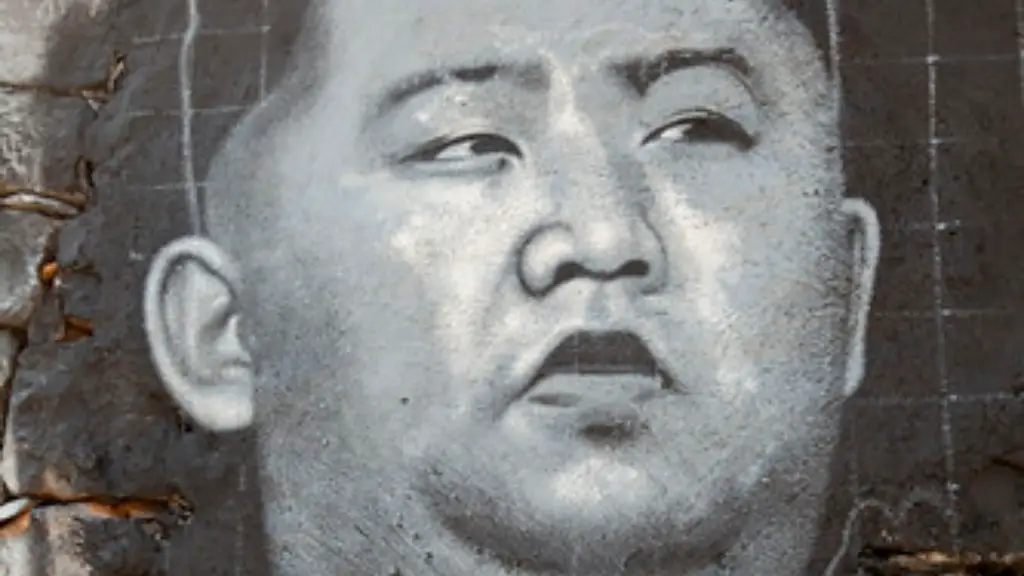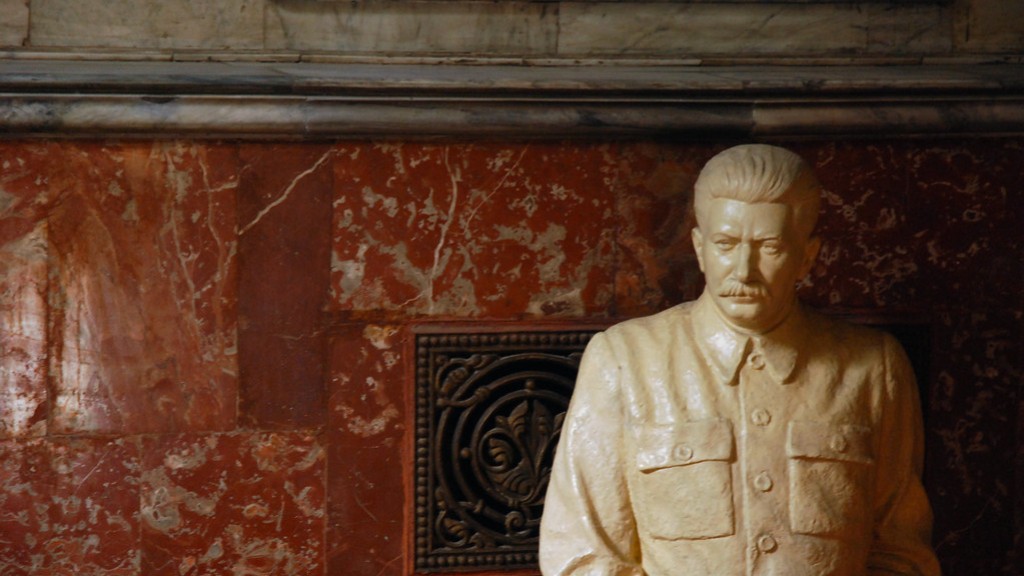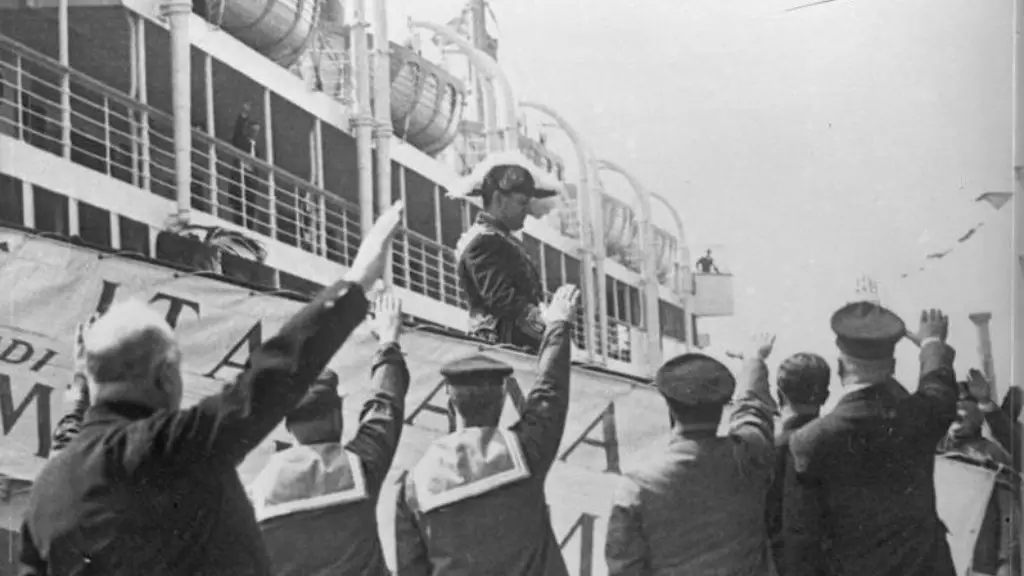Benito Mussolini was an Italian political leader who rose to power during the early 1900s. He was a charismatic speaker and was able to rally support from the Italian people. He also had the support of the military. Mussolini used his power to consolidate power and establish a fascist dictatorship. He ruled Italy for over 20 years.
In 1922, Benito Mussolini and his nationalist followers marched on Rome, demanding that the Italian government give them power. The government acceded to their demands, and Mussolini became the Prime Minister of Italy. He quickly consolidated power, becoming a dictator by 1925. He ruled Italy until 1943, when he was overthrown by the Italian people.
What factors led to the rise of Mussolini in Italy?
Mussolini’s talent in journalism and his recognition of the importance of the media were two of the main features that contributed to his rise to power. Mussolini was born in Northern Italy in a town called Dovia di Predappio. He started his career as a journalist and quickly rose to prominence in the media. During his time in the media, Mussolini developed a strong personality and a reputation for being a powerful speaker. He was also able to gain the support of the Italian people by appealing to their nationalist sentiments. In 1922, Mussolini was appointed Prime Minister of Italy and he held onto power for over 20 years.
In 1919, Mussolini organized his supporters into the Black Shirts. In 1922, the Fascists marched on Rome to command the government to make changes. This resulted in the king giving Mussolini power over Italy. Mussolini suppressed rival parties, muzzled the press, rigged elections, and gave the Fascist party power.
What were the key events in Mussolini’s rise to power
Mussolini and the Fascists gain control of Italy in 1922. Mussolini takes advantage of a workers’ strike that the Fascists end to advance their claim on power. The Fascists advance on Rome in October 1922. After being called by the King of Italy, Mussolini becomes the youngest prime minister in Italian history.
The Treaty of Versailles was supposed to be a peace agreement between the Allies and Germany following the end of World War I. However, Italy was left feeling discontent after the treaty was signed. Italy had joined the Anglo-French alliance against Germany and her allies in the First World War as Britain had promised large chunks of territory after their victory. However, the Treaty of Versailles did not give Italy the territory that had been promised. This led to economic crises in Germany and Italy, heavy losses, unemployment, and shortage of food grains.
When did Mussolini come to power in Italy?
Benito Mussolini was an Italian political leader who became the fascist dictator of Italy from 1925 to 1945. Originally a revolutionary socialist and a newspaper journalist and editor, he forged Italy’s violent paramilitary fascist movement in 1919 and declared himself prime minister in 1922.
The March on Rome was an insurrection by Italian fascist leader Benito Mussolini in October 1922. The march marked the beginning of fascist rule in Italy and the doom of the preceding parliamentary regimes of socialists and liberals.
What was Mussolini’s goal in power?
Mussolini invented fascism as a political philosophy in the early 1900s. He extolled it as an alternative to socialist radicalism and parliamentary inaction. He claimed that fascism would end political corruption and labor strife while maintaining capitalism and private property.
Fascism is a political ideology that is characterized by a revival of myths and ultra-nationalistic populist sentiments. According to Roger Griffin, fascism is defined by three core components: the rebirth myth, ultra-nationalism, and the myth of decadence. The rebirth myth refers to the idea that fascism is a new and innovative political ideology that will help to bring about a rebirth or revival of the nation. Ultra-nationalism is the belief that one’s nation is superior to all others and that it should be dominant in the world. The myth of decadence is the belief that the nation is in decline and that only fascism can save it from decline.
What did fascism do to Italy
Fascism had a profound and lasting impact on Italian society. It brought about the creation of a one-party state, which sought to control all aspects of life. This had an impact on the economy, education, leisure pursuits, and the family and private life. Fascism also resulted in the rise of militarism and a glorification of violence.
Fascism ultimately collapsed due to a combination of allied military victories and popular rebellions. These rebellions were led by groups like industrial workers in Northern Italy. The final straw was when Mussolini’s own lieutenants abandoned him.
Which best explains why fascism emerged in Italy in the 1920s?
Italian fascism emerged in the economic crisis of the 1920s and 1930s. It started with a string of violent clashes in the northern part of Italy beginning in 1920. There, tensions over pay and work conditions had put landowning farmers in conflict with Socialist-backed workers.
Mussolini was a committed fascist by 1918. He believed in a national struggle that transcended class lines, rather than a class struggle. He was an ardent Italian nationalist and supported Italian military participation during the war.
How did Mussolini plan to increase strength and power
Mussolini wanted to make Italy a great power again. He believed that the only way to do this was to expand Italian territory and create an empire. To achieve this, he pursued a policy of aggression and conquest. He annexed Ethiopia and Albania, and invaded Greece and Yugoslavia.
Benito Mussolini was an Italian political leader who came up with the term fascism and created the first one-party fascist state. He was an important part of the cult of personality that emerged around the Italian leader.
What is fascism vs communism?
Communism and fascism are two very different political ideologies. Communism is based on the idea of economic equality for all, while fascism is a nationalistic, top-down system with rigid class roles. Fascism is also ruled by an all-powerful dictator.
Fascism is an economic system that incorporates elements of both capitalism and socialism. Fascist economists advocate for self-sufficiency and individual profit, but also believe that the government should provide subsidies to corporations. This economic system usually leads to a strong military and autocratic government.
What tactics did Mussolini use to gain power
Mussolini was a crafty and innovative politician. He was always looking for ways to gain power and control over others. He was the one who created fascism, an ideology that caused so much destruction and misery in Europe. Mussolini always looked for ways to undermine the authority of judges and to indoctrinate children. He was a true mastermind of evil.
Fascist movements share a number of common themes, including authoritarianism, nationalism, hierarchy and elitism, and militarism. Other aspects of fascism, such as its “myth of decadence”, anti-egalitarianism and totalitarianism, can be seen to originate from these ideas.
Warp Up
Benito Mussolini rose to power in Italy through a combination of his own charisma and the Weakness of the Italian political system. He was able to take advantage of the fact that the Italian government was in chaos after World War I and was able to use his charisma to gain a following. He also was able to take advantage of the fact that the Italian economy was in shambles after the war and was able to use this to his advantage.
In 1922, Mussolini was appointed Prime Minister of Italy. He rose to power quickly, using his charisma and his political skills to gain the support of the people and the Italian Army. He led Italy into a period of economic prosperity and military power, but his regime was marked by dictatorship, repression, and violence.




